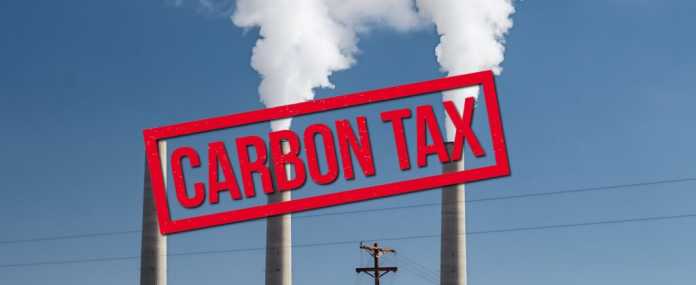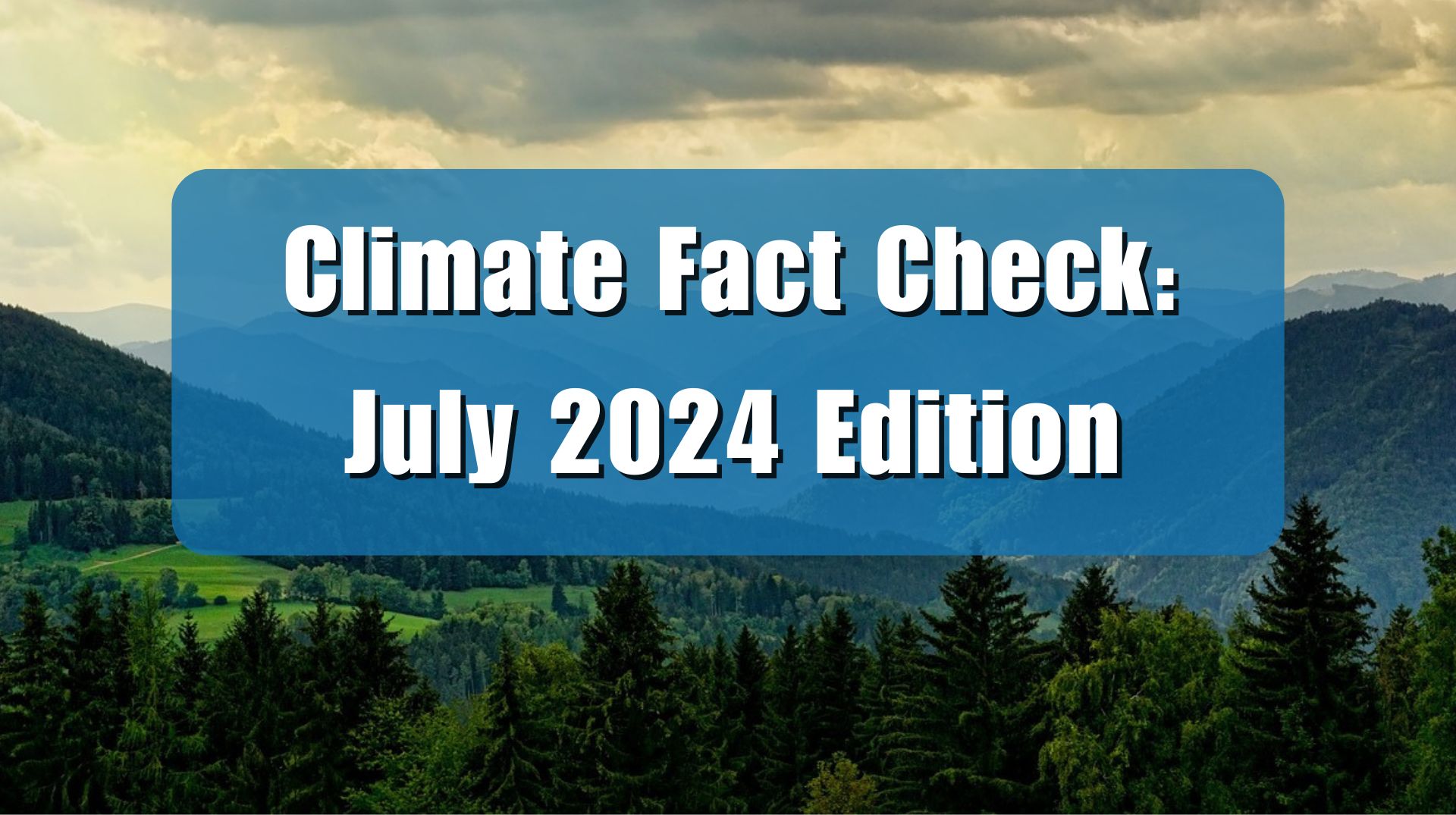The Deseret News hosted a readers’ forum to address the opinion that a tax on carbon dioxide emissions would be the best solution to address climate change, implying it could be done in a way that doesn’t reduce peoples’ incomes or well-being. This is false. Any tax on carbon dioxide emissions is intended to force people to shift from inexpensive, reliable fossil fuels for energy use, to more expensive, less reliable sources of energy. This means people will, of necessity, be poorer.
Citing an editorial in Forbes, a Deseret News article, titled “Opinion: Carbon tax is the best solution to climate change,” says,
“‘Carbon taxes are considered the most effective economy-wide policy tool for greenhouse gas emission reductions.’ [T]he fee would be good for the economy if the revenues collected were used to send a monthly check to U.S. households.”
Forbes, and by proxy, the Deseret News are promoting the mythical “revenue neutral” carbon tax. For two primary reasons, no revenue neutral carbon tax has or can ever be designed. This includes the tax referenced by the Desert News being offered by some members of Congress, HR 2307: The Energy Innovation and Carbon Dividend Act of 2021.
No carbon dioxide tax can be neutral in terms of government revenue, because all programs require funding to operate. No government program is cost-free.
As with every other government program, there will be significant operating costs involved in collecting, tracking, auditing, and archiving taxes paid and revenues paid out. New employees will have to be hired, or existing federal workers will have to divert their time from other responsibilities, to account for the carbon dioxide taxes to be paid, ensure they are paid, police the program to prevent cheating and fraud, send out the revenue checks, and handle complaints when disputes arise.
These and other costs will eat up billions of dollars each year. Unless these costs are paid directly out of the carbon dioxide tax revenues—meaning all the revenues will not be returned in checks to taxpayers as promised—then the government will have to impose other taxes or take on additional debt to pay for the program. So much for revenue neutrality.
In addition, as explained in Climate at a Glance: Carbon Dioxide Tax, even if a cost free government carbon dioxde tax could be designed, the tax would not be revenue neutral for American households.
A carbon dioxide tax can only work to reduce emissions if it makes conventional energy so expensive that people will be coerced into buying wind and solar power. Aside from being less reliable than fossil fuels, these energy sources are very expensive, so people will be paying more for electricity, gasoline and diesel fuel, and natural gas. This will also increase the cost of food and other items produced, shipped, and sold. As fossil fuel use declines, as the carbon tax intends, less revenue will be generated. As a result, any checks sent to households to compensate for higher fossil fuel costs will shrink over time. In theory, no one will receive a check if and when the economy goes “carbon free.”
To sum up, costs for all goods and services will increase, even as no tax revenue is collected or returned to the American people. It is impossible for even the best designed and most efficiently operated carbon dioxide tax to be revenue neutral.
Any claim that a carbon dioxide tax will be good for people and the economy is false. Those pushing carbon dioxide taxes are special interests who will in some way benefit from it.

















Progressives are always looking for ‘revenue neutral’ taxing to fill their coffers.